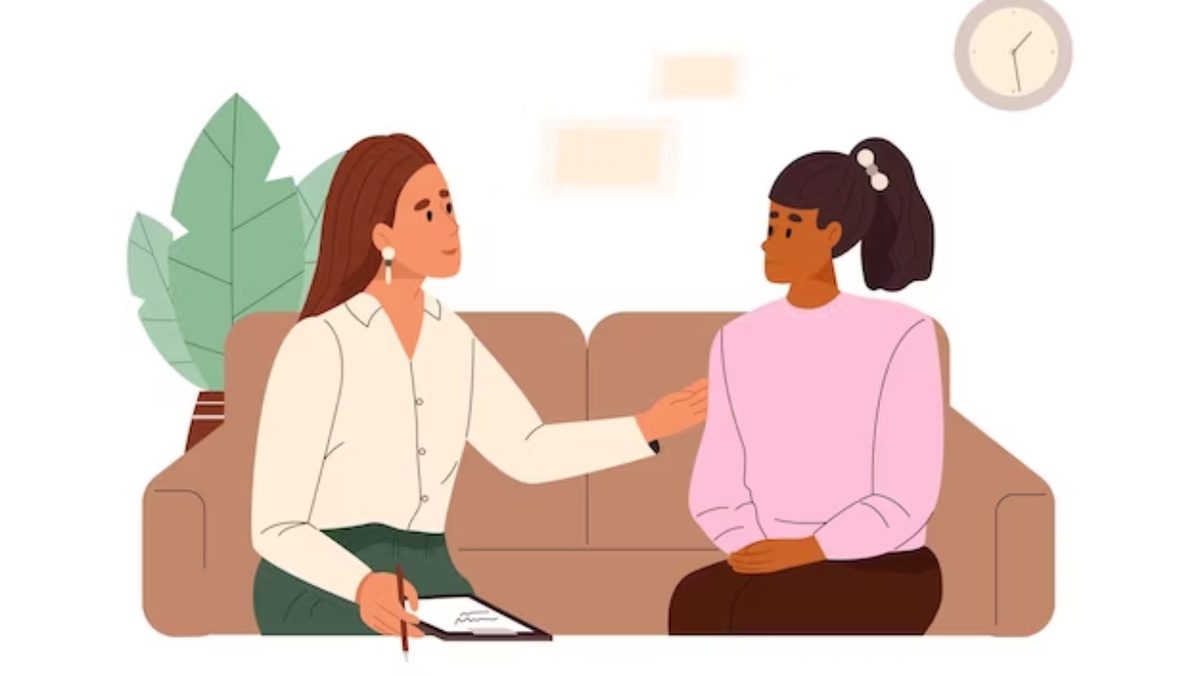In the symphony of human interaction, the empathetic listener stands as a beacon of understanding, weaving connections beyond mere words. Being an empathetic listener goes beyond hearing; it's an art that involves diving deep into the emotional currents of conversation. Let's explore what it means to be an empathetic listener, the qualities that define this skill, and its profound impact on relationships.
Understandinga the Empathetic Listener
An empathetic listener is someone who not only hears but actively engages in understanding the speaker's emotions, thoughts, and perspectives. They create a safe space where individuals feel heard, respected, and valued. This listener approaches conversations with an open heart and mind, aiming to comprehend the speaker's feelings without judgment or interruption.
Qualities of an Empathetic Listener
1. Genuine Interest and Attention
Empathetic listeners display genuine interest in the speaker's words and emotions. They offer undivided attention, maintaining eye contact and employing non-verbal cues to signal their engagement, fostering an environment where the speaker feels heard and validated.
2. Empathy and Understanding
They possess a profound sense of empathy, stepping into the speaker's shoes to understand their emotions, concerns, and experiences. This ability to empathise without imposing personal biases or judgments allows for a deeper connection and validation of the speaker's feelings.
3. Patience and Open-mindedness
Empathetic listeners exercise patience, allowing the speaker to express themselves at their own pace. They approach conversations with an open mind, embracing diverse viewpoints without immediately offering solutions or opinions.
4. Reflective and Non-Judgmental Responses
Their responses reflect understanding and validation rather than immediate judgement or advice. Empathetic listeners use paraphrasing or summarising techniques to show they've actively listened and comprehended the speaker's message.
The Impact of Empathetic Listening
1. Building Trust and Connection
Empathetic listeners foster trust and create deeper connections in relationships. By genuinely understanding and validating others' emotions, they create a safe space where individuals feel comfortable expressing themselves authentically.
2. Conflict Resolution and Emotional Support
In times of conflict, empathetic listeners defuse tension by providing emotional support and facilitating understanding. This skill is invaluable in resolving conflicts peacefully and constructively.
3. Enhancing Emotional Intelligence
Engaging in empathetic listening enhances emotional intelligence. It allows individuals to navigate complex emotions effectively, fostering self-awareness and a deeper understanding of others' feelings.
4. Professional Impact
In professional settings, empathetic listening enhances leadership qualities. Leaders who practise empathetic listening foster a more engaged workforce, better communication, and a deeper understanding of clients' needs, contributing to overall professional success.
Cultivating Empathetic Listening
Developing empathetic listening is an ongoing process that involves self-awareness and intentional practice:
1. Mindfulness and Self-reflection
Being mindful of one's listening habits and reflecting on personal biases and tendencies is crucial. Self-awareness lays the foundation for improving empathetic listening skills.
2. Practise Active Listening
Engage actively in conversations, employing techniques like summarising, asking clarifying questions, and providing verbal and non-verbal cues to signal attentiveness.
3. Cultivate Empathy
Develop empathy by consciously acknowledging and understanding the emotions behind the speaker's words. Practice stepping into their perspective without judgement or preconceptions.
5. Emotional Regulation
Empathetic listeners possess the ability to manage their emotions effectively during conversations. They remain composed and focused, even in emotionally charged discussions, allowing them to provide a stable and supportive presence for the speaker.
6. Non-verbal Communication Awareness
Understanding the nuances of non-verbal communication is crucial. Empathetic listeners are adept at reading subtle cues like facial expressions, body language, and tone of voice, complementing their understanding of the speaker's emotions and thoughts.
7. Encouraging and Validating
They encourage the speaker to express themselves freely without fear of judgement. Empathetic listeners validate the speaker’s feelings, letting them know that their emotions are acknowledged and respected, creating an atmosphere of trust and acceptance.
8. Empathy Across Differences
Empathetic listeners demonstrate the ability to empathise across diverse backgrounds, cultures, and experiences. They recognize that everyone's perspective is unique and valuable, allowing them to connect with individuals regardless of differences.
9. Boundary Awareness
Empathetic listeners understand the importance of boundaries in conversations. They respect the speaker's comfort levels and know when to offer support without overstepping personal boundaries, maintaining a balance between empathy and respecting individual space.
10. Lifelong Learning and Adaptability
They acknowledge that empathetic listening is an ongoing journey. Empathetic listeners embrace a mindset of continual learning, adapting their approach based on feedback and experiences, constantly evolving to become more attuned to others' emotions and perspectives.
Embracing the Empathetic Listener Within
In a world where genuine connections are invaluable, being an empathetic listener is a gift. It's a skill that transforms conversations, nurtures relationships, and fosters understanding beyond the surface. By embodying the qualities of an empathetic listener—genuine interest, empathy, patience, and reflective responses—we create spaces where everyone feels valued, heard, and understood. As we embrace the empathetic listener within ourselves, we pave the way for more profound, meaningful, and authentic connections in every interaction.
Conclusion
Being an empathetic listener transcends the act of hearing; it's a skill woven from empathy, patience, understanding, and genuine interest in others. By embodying these qualities and continually honing this skill, we unlock the potential for deeper connections, resolution of conflicts, and the cultivation of trust and respect in all our interactions. The empathetic listener holds the key to fostering empathy and understanding in a world where authentic connection is invaluable.
Frequently Asked Questions.
1. What defines an empathetic listener?
A. An empathetic listener actively engages to understand emotions, thoughts, and perspectives, fostering connection and validation.
2.Why is empathetic listening important in relationships?
A. It builds trust, resolves conflicts, and nurtures deeper connections by validating and understanding others' feelings.
3. How can I cultivate empathetic listening skills?
A. Practise active engagement, patience, non-verbal communication awareness, and embrace diverse perspectives without judgement.
4. Is empathetic listening applicable in professional settings?
A. Absolutely, it enhances leadership, fosters team engagement, and improves client relationships through better understanding.
5. Can empathetic listening bridge cultural differences?
A. Yes, it transcends backgrounds, allowing connections across diverse cultures by acknowledging and respecting unique perspectives.


No comments yet